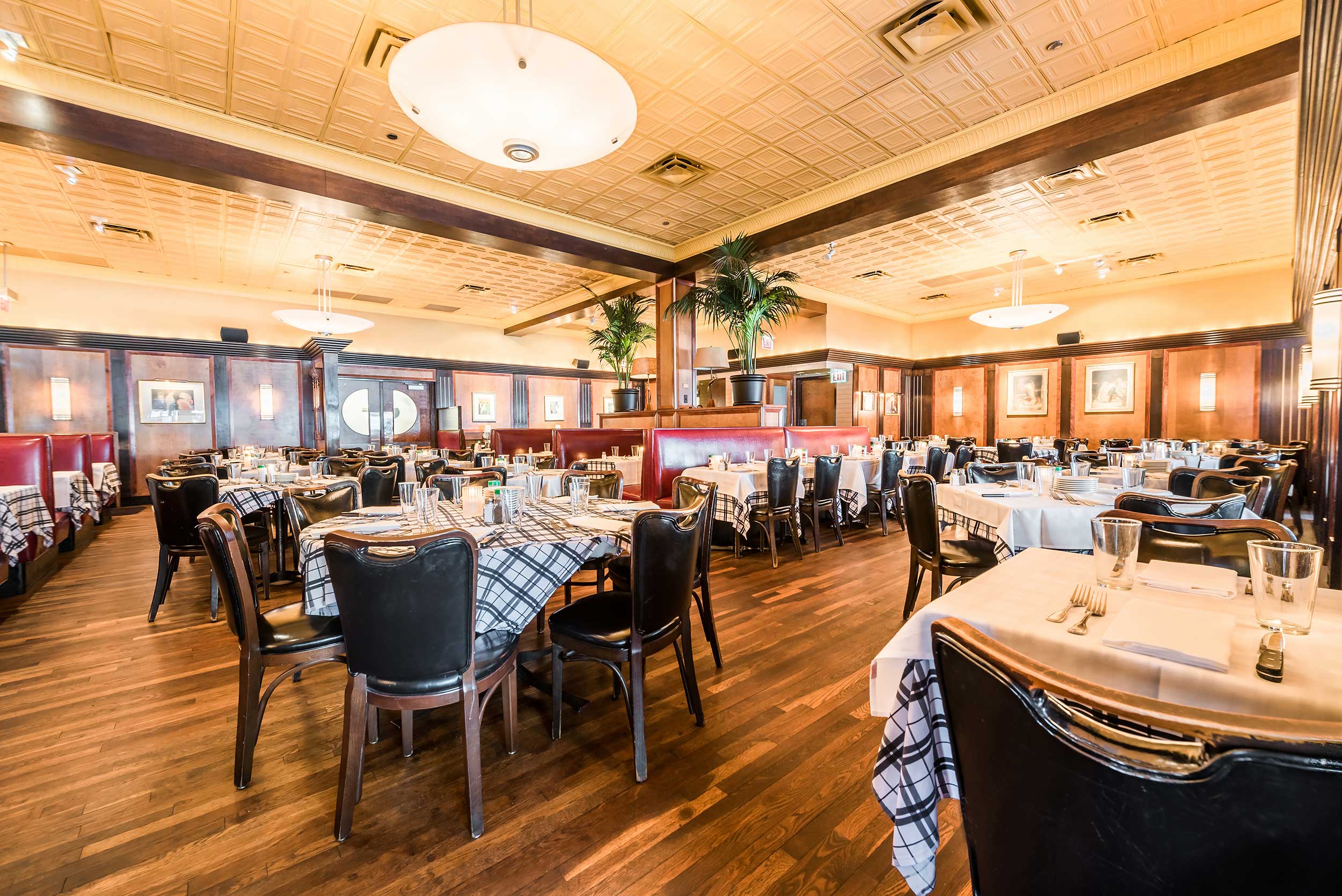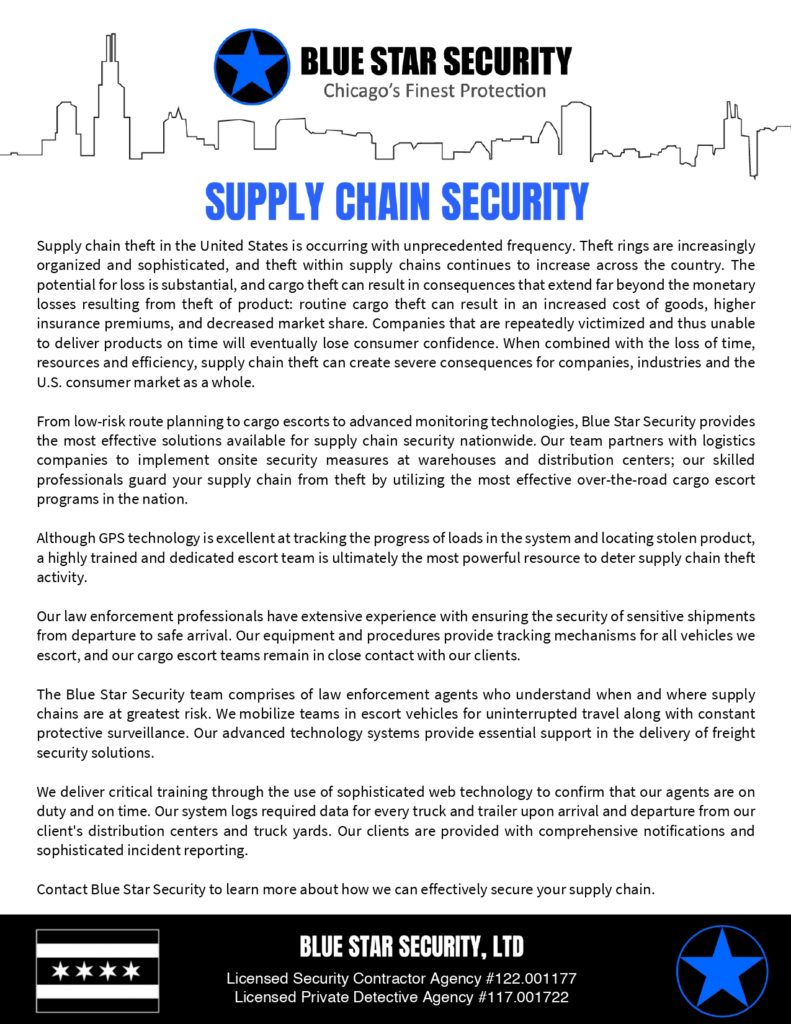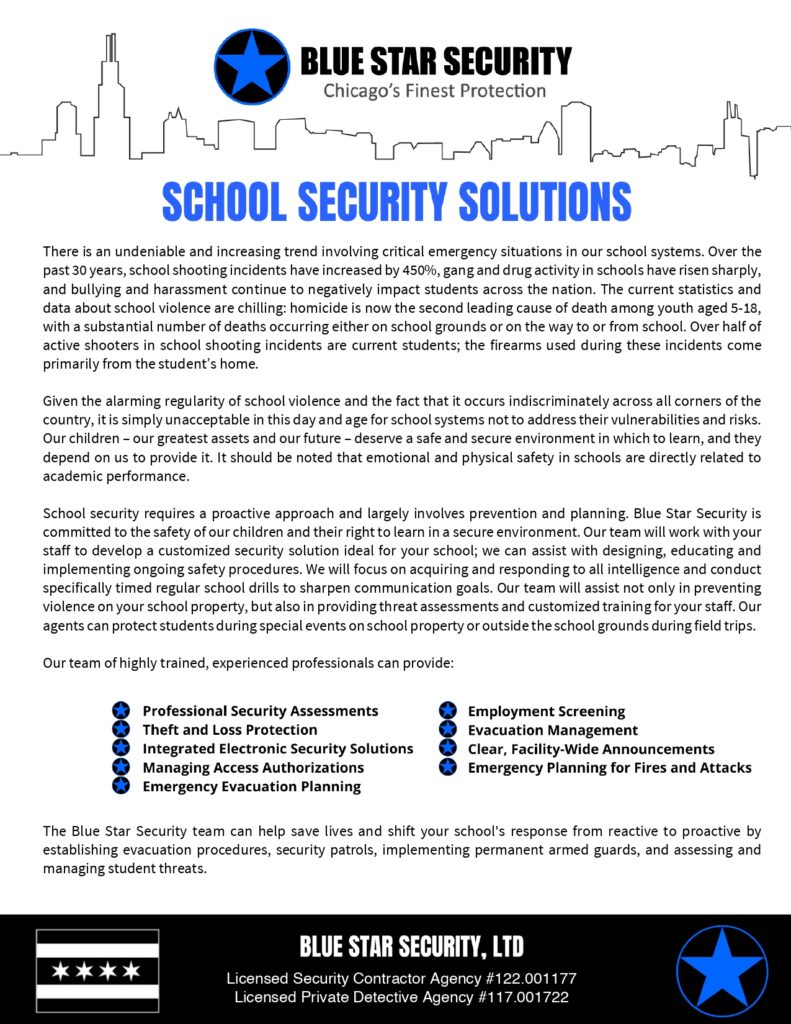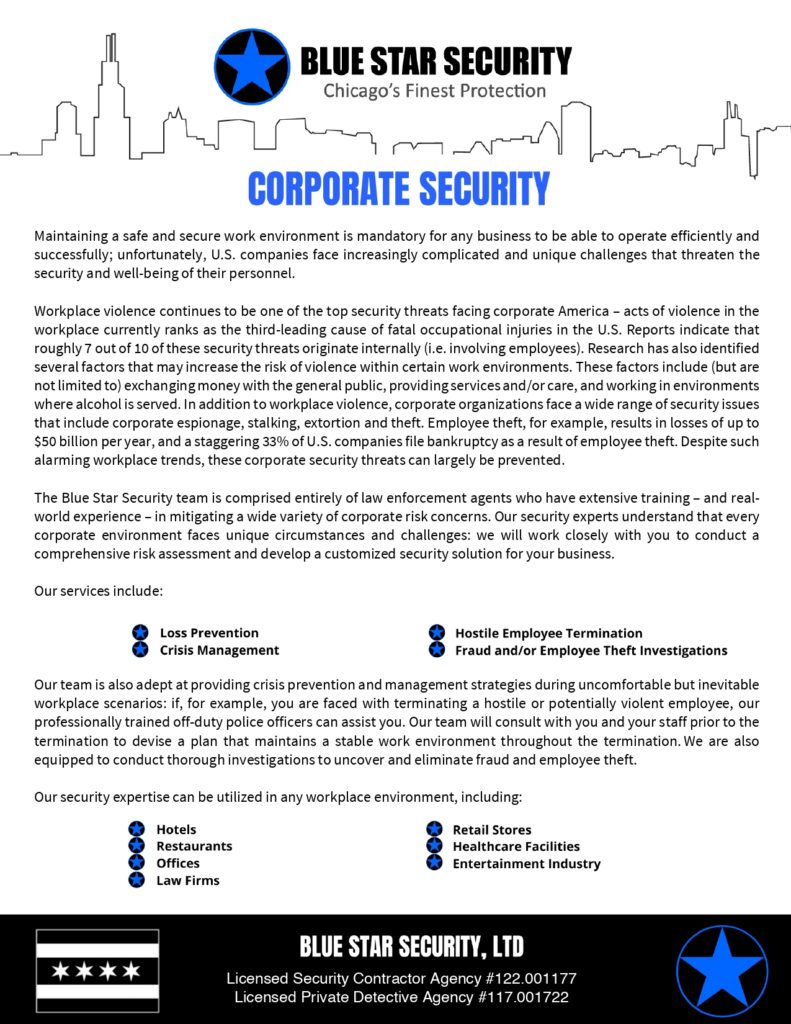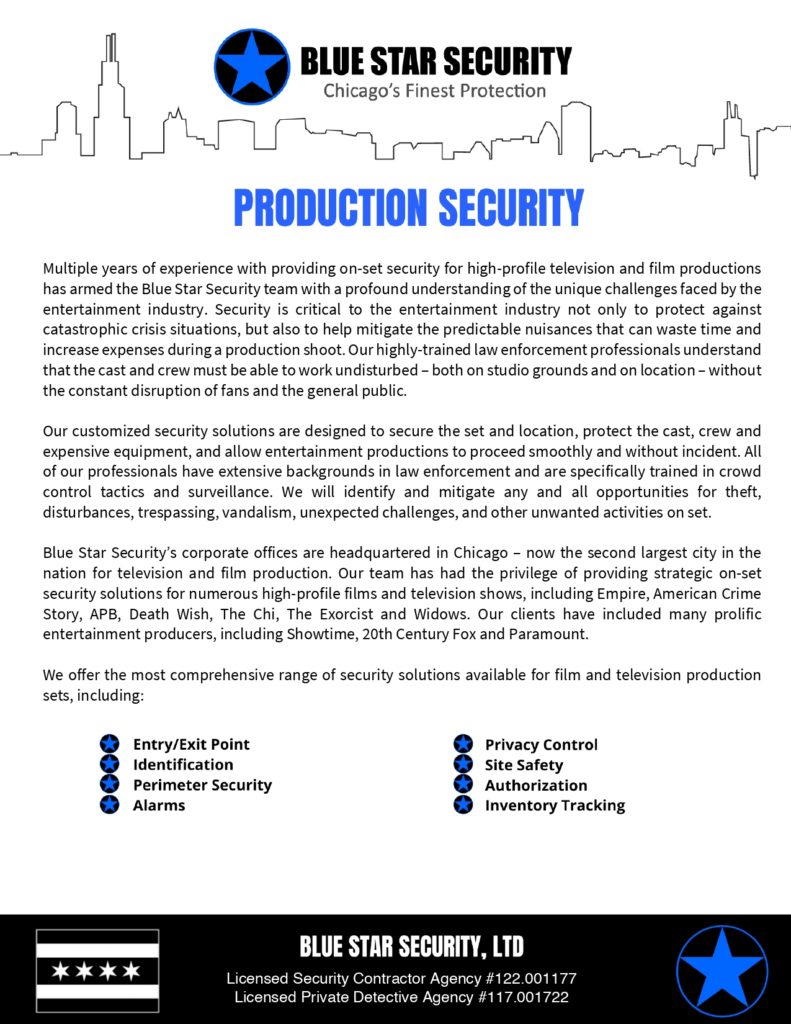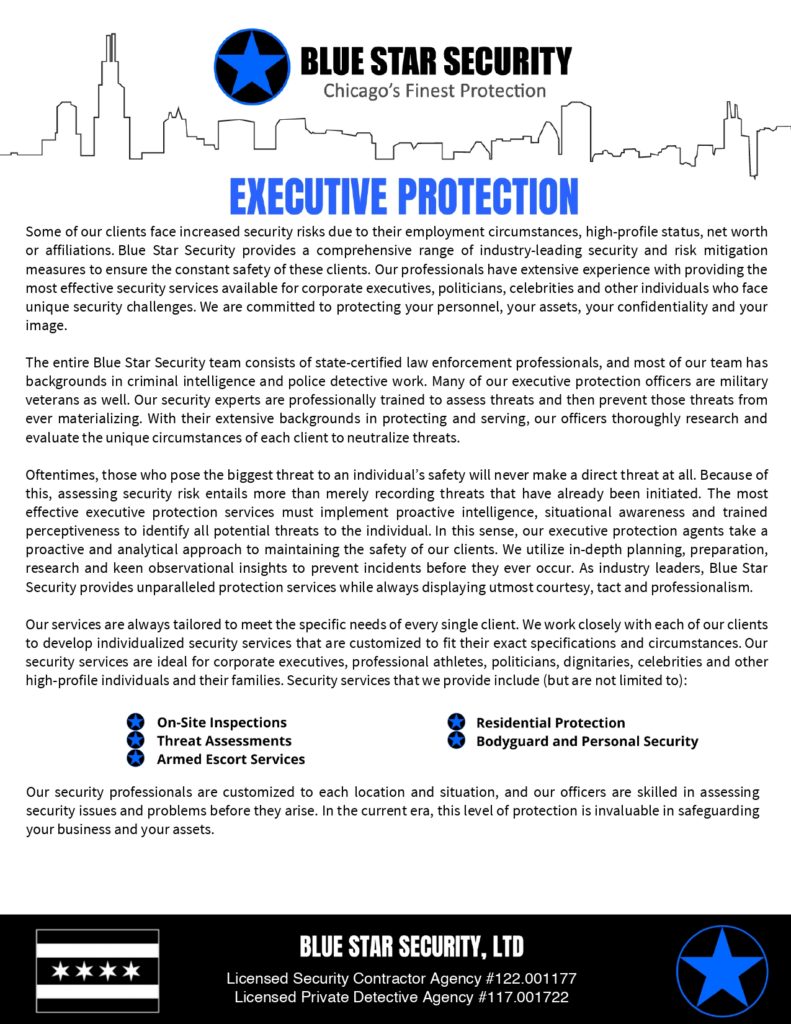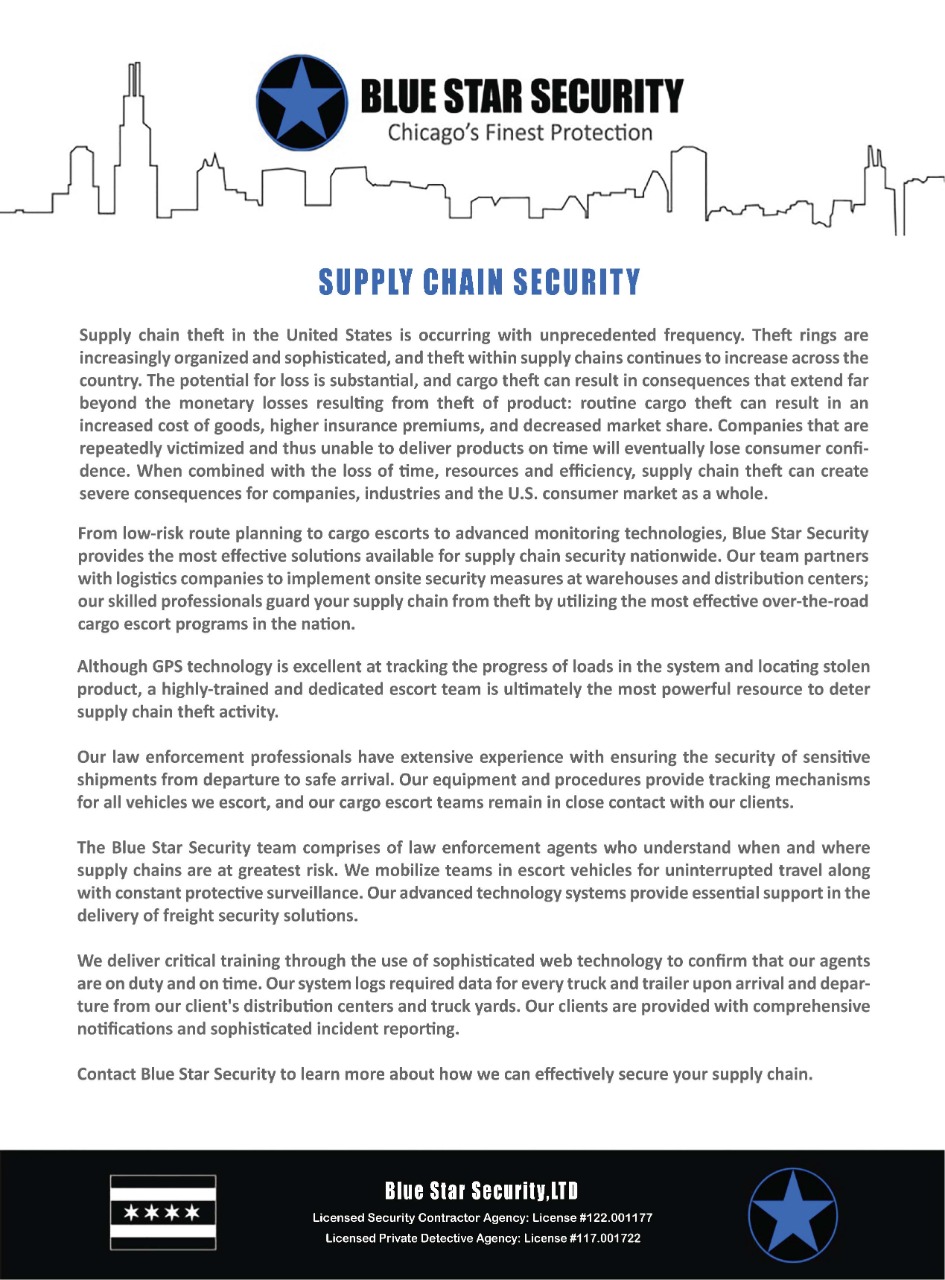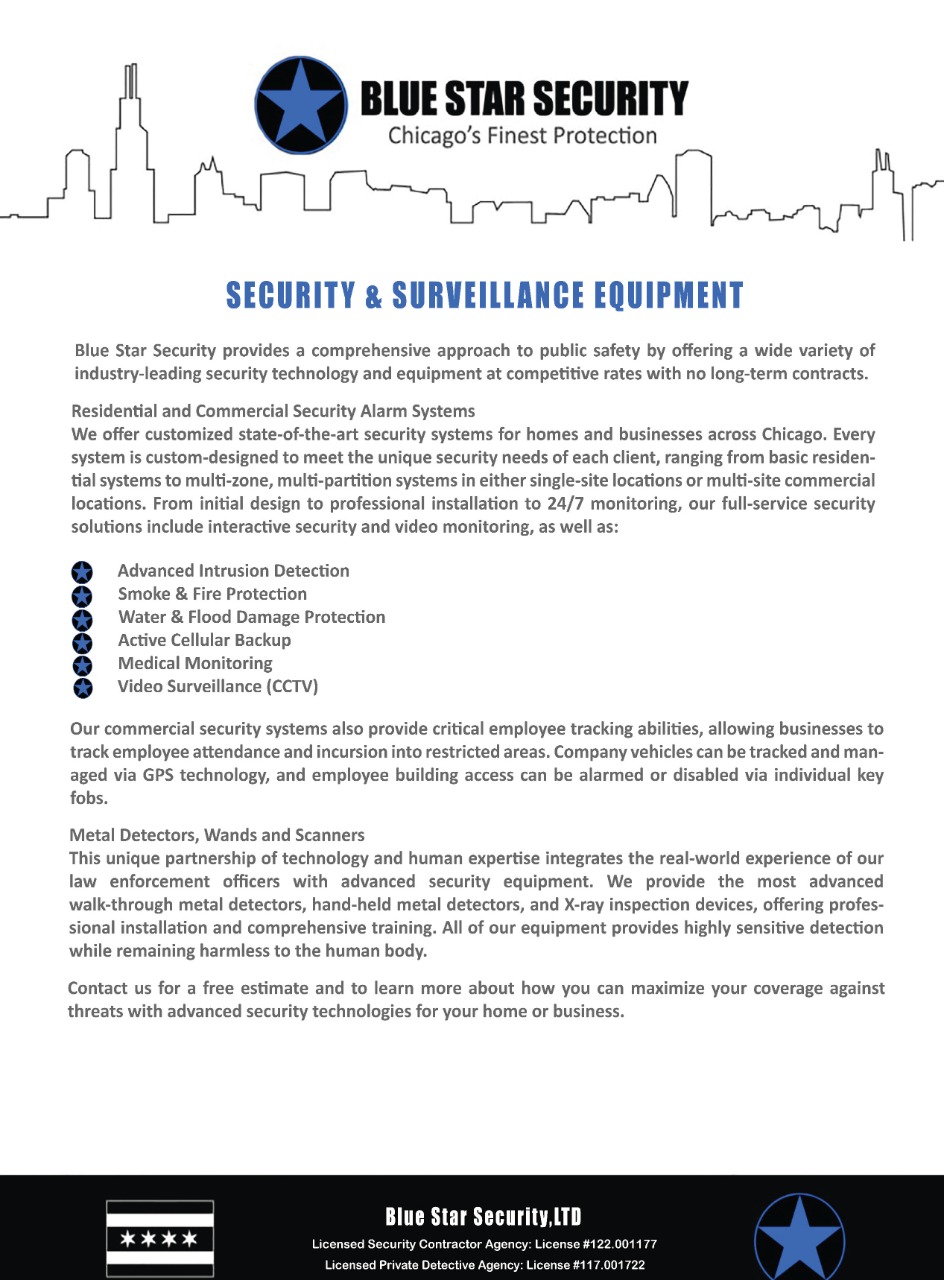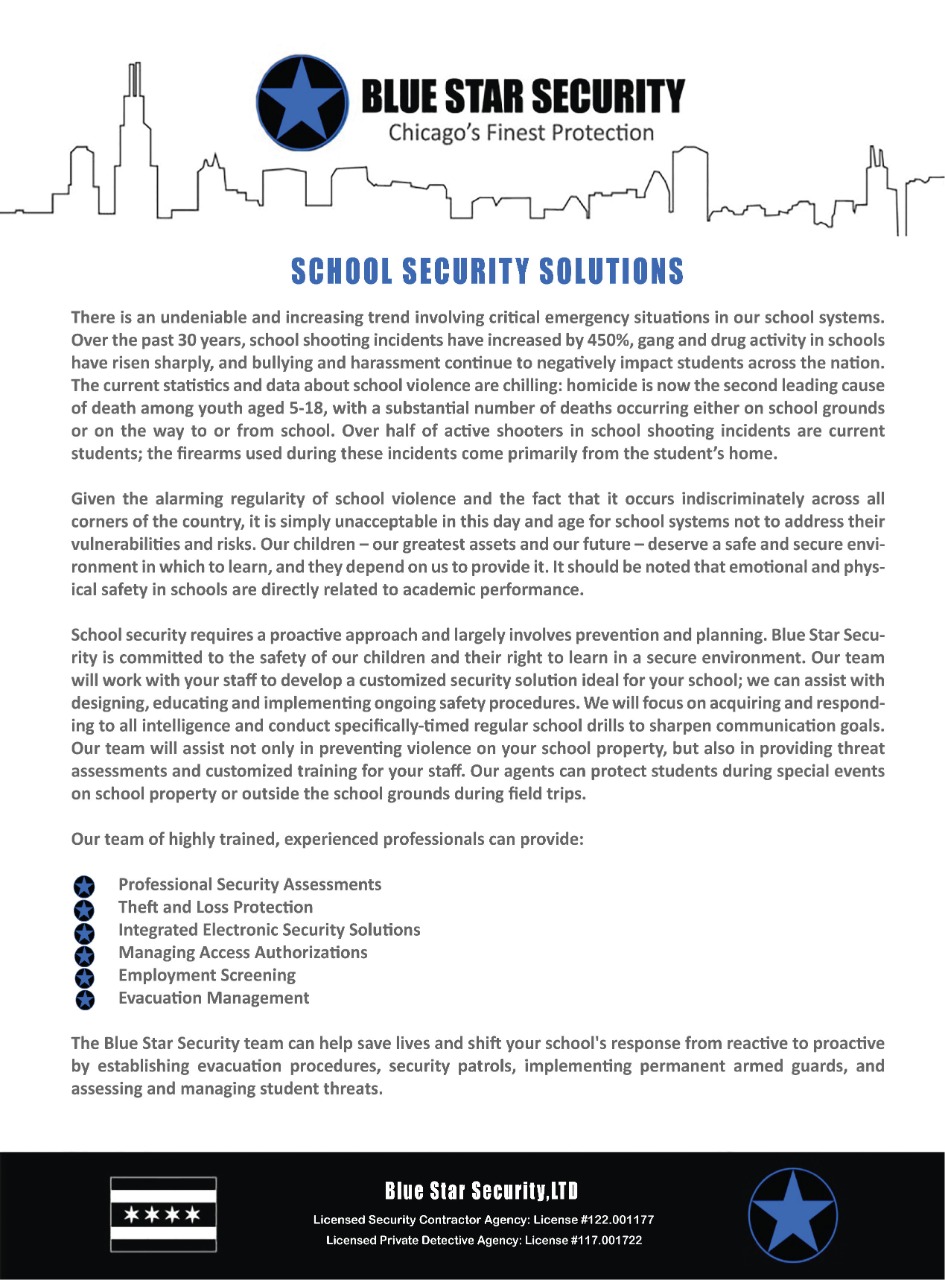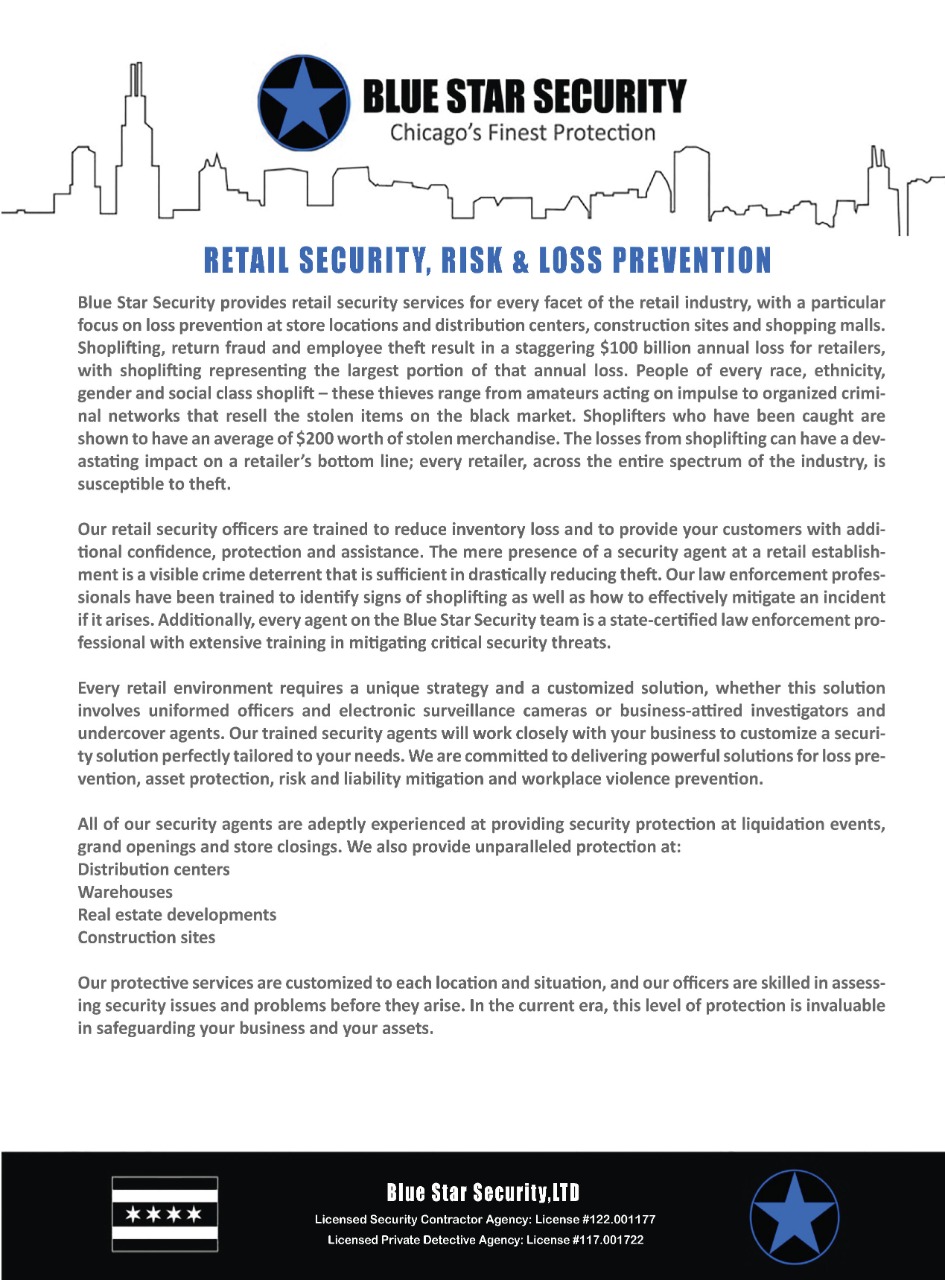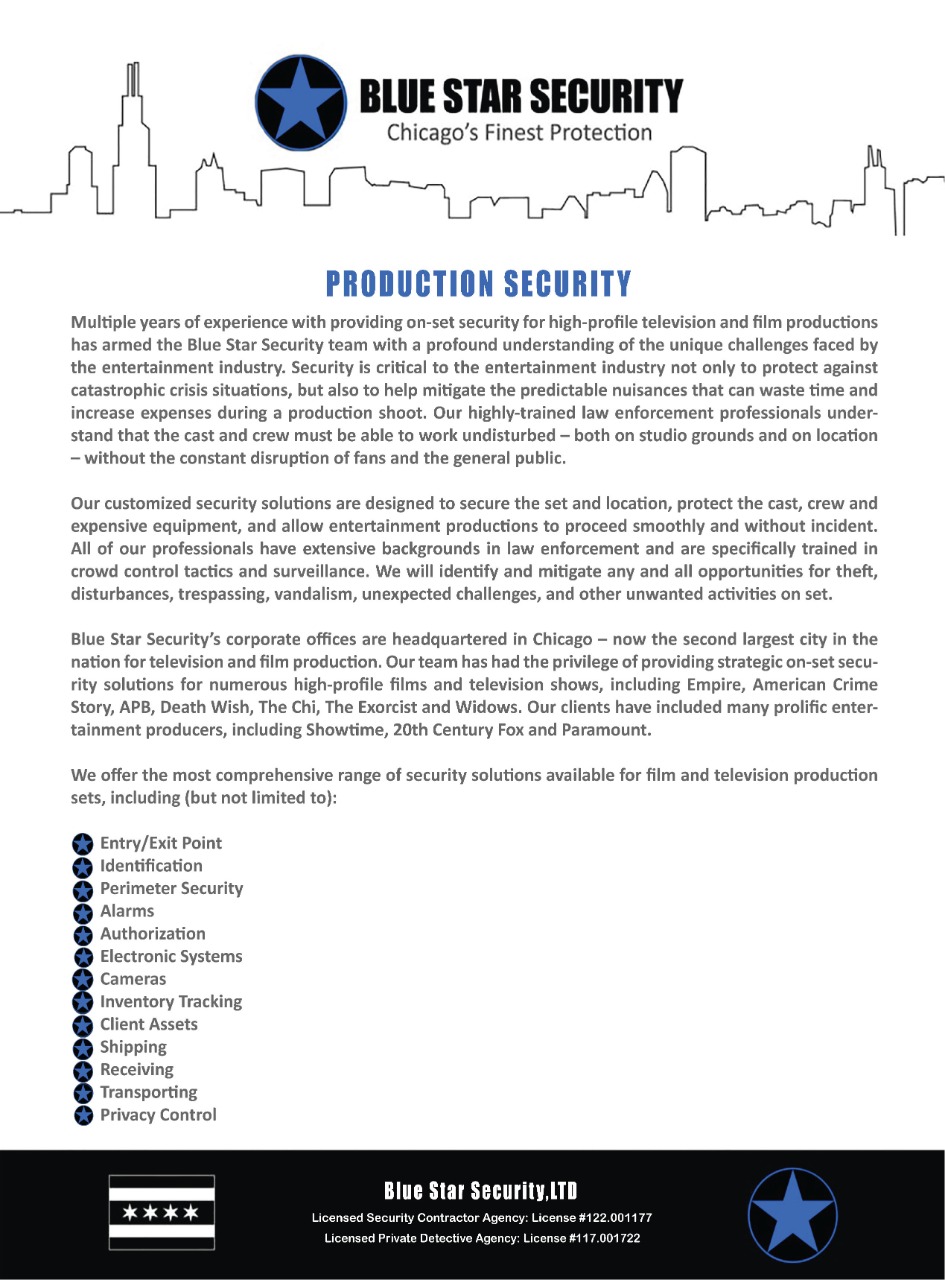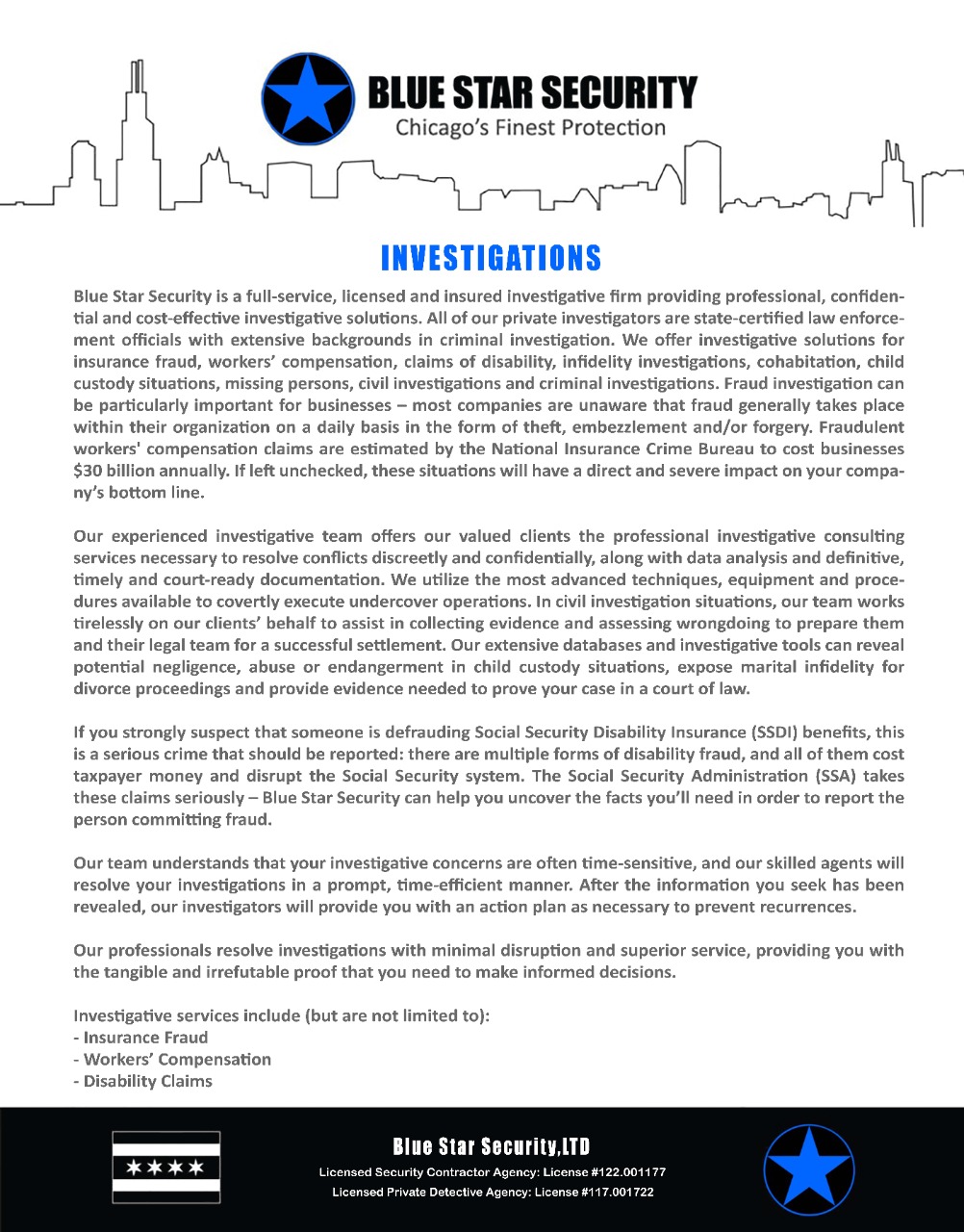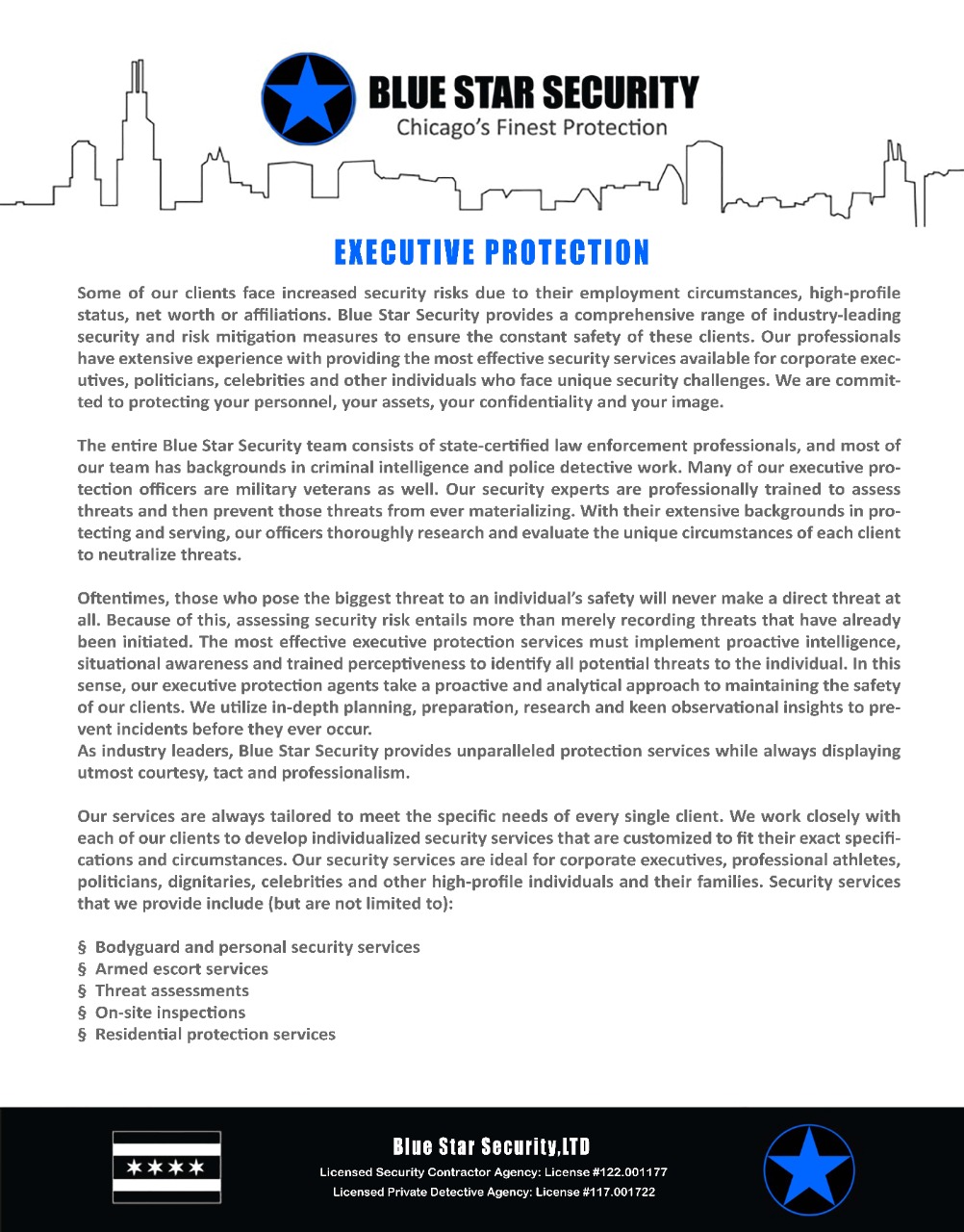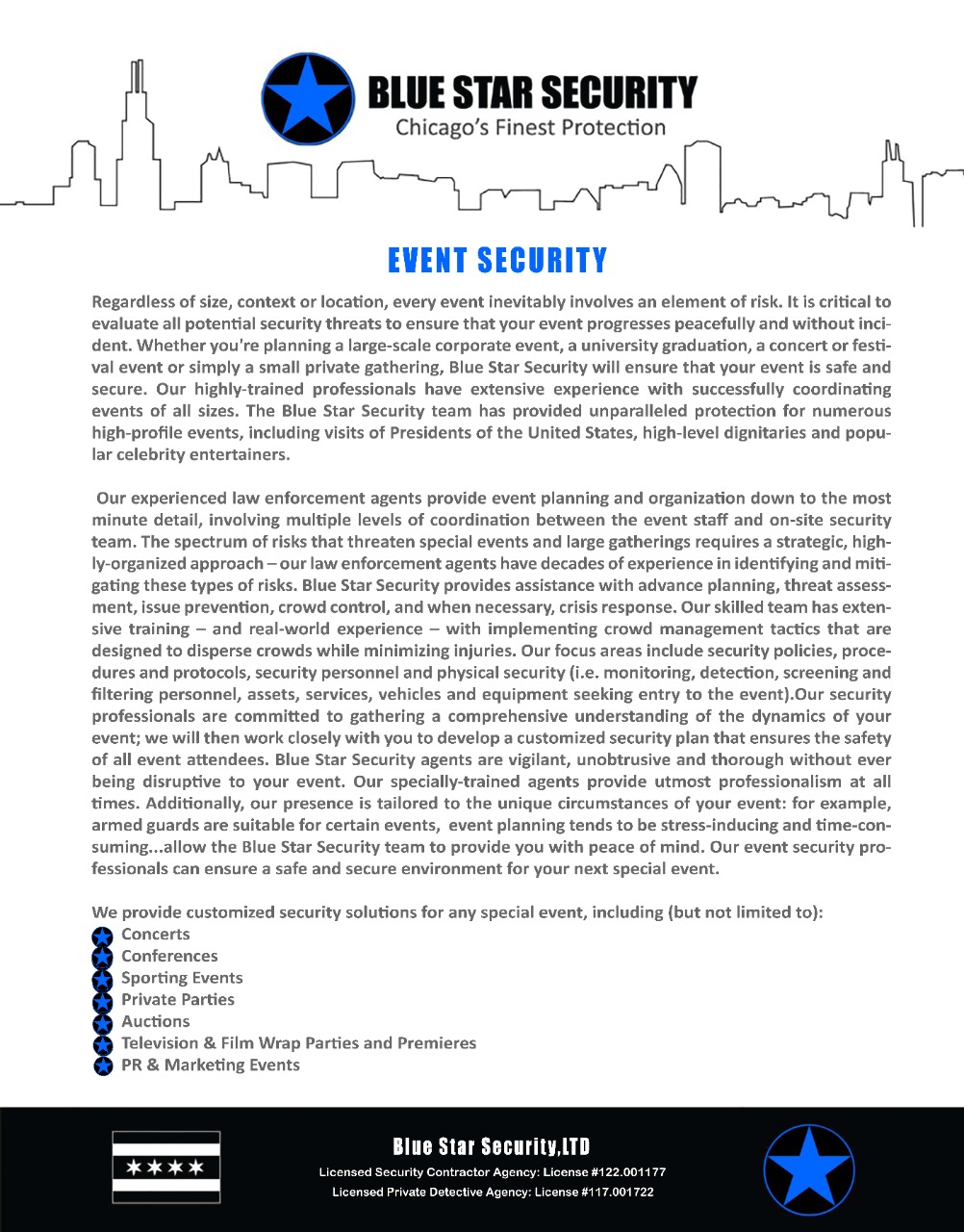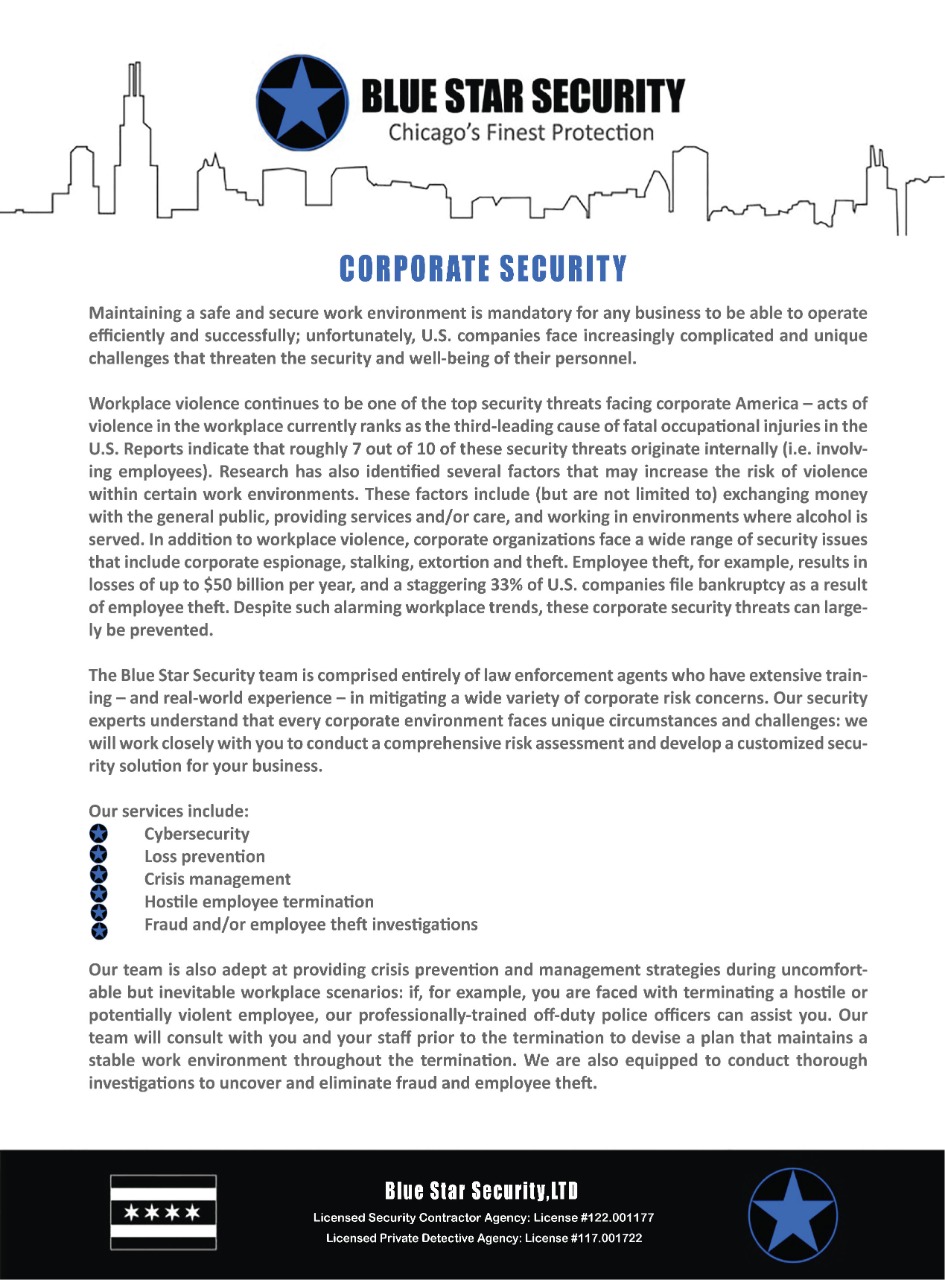While security threats affect businesses in various industries, restaurants stand out as particularly susceptible. They encounter a distinctive array of risks jeopardizing the well-being of employees, customers, and assets.
With one in every three adults in the United States choosing to dine out daily, the restaurant sector holds the top spot in the retail industry. The increased vulnerability to criminal activities within dining establishments can be attributed to several key factors, including:
- Extended business hours, often into the late night.
- The presence of substantial amounts of cash stored on-site.
- High turnover rates of employees, which can hinder thorough background checks.
- The serving of alcohol on the premises, potentially escalating issues.
The foremost security threats for dining establishments encompass employee theft, armed robberies, and criminal incidents on or near the premises. Restaurant owners and managers bear the responsibility not only of safeguarding their financial interests but also of ensuring the safety of their staff and patrons. Additionally, hospitality venues may face legal ramifications related to employee or guest violence and misconduct. Therefore, it is imperative for them to comprehend the inherent industry risks and adopt effective strategies for risk mitigation.
Employee Theft
Throughout the course of a typical restaurant shift, there is a substantial influx of customers, numerous credit card transactions, and a significant amount of cash transactions. With approximately 9.9 million individuals currently employed in the food service industry and millions more dining out daily, theft is a pervasive issue within the restaurant sector. Research reveals that within the restaurant industry alone, theft leads to staggering annual losses that can exceed $6 billion.
These studies also unveil an unsettling fact: most of this theft is perpetrated by the restaurant’s own employees, a harsh reality that many managers are reluctant to acknowledge. Employee theft ranks as the most prevalent criminal activity in restaurants, primarily due to staff members’ direct access to assets and their familiarity with the restaurant’s operations. In essence, there are numerous opportunities and scenarios in which employees can engage in theft discreetly.
One of the most common methods of employee theft involves tampering with sales transactions, which includes activities such as skimming from the register, voiding or underreporting receipts and pocketing the difference, providing complimentary items to friends, or over-pouring beverages. Additional forms of employee theft encompass the misuse of coupons, gift certificates, and credit cards.
Detecting and preventing such behavior can be an immensely challenging task for restaurant operators, particularly during busy shifts characterized by high customer traffic and the demanding managerial responsibilities that extend across the restaurant.
Armed Robbery
Restaurants are exceptionally susceptible to the threat of armed robbery. There are several compelling factors that make dining establishments attractive targets for this type of criminal activity, including:
- The accumulation of substantial cash on the premises.
- The presence of cash registers.
- Operating during early morning and late-night hours with fewer employees present.
While armed robberies can happen at any time, they are notably more likely to occur during a restaurant’s opening and closing hours when there are fewer employees on site. Current and former employees, who possess a deeper understanding of the restaurant’s operations, are frequently involved in such incidents.
During late-night hours, restaurant staff, particularly managers, often find themselves working alone to complete tasks like processing daily financial reports and conducting inventory counts. This isolation leaves them exceptionally vulnerable to violence and armed robbery, whether it occurs inside the restaurant or in the parking lot.
It’s crucial to recognize that armed robberies are perilous situations that can escalate rapidly, resulting in severe injuries, loss of life, and substantial financial damage.
Alcohol Consumption and Aggressive Behavior
Establishments that serve alcohol are at a higher risk of fostering an environment where patrons exhibit belligerent and unruly behavior. The consumption of alcohol often leads to reduced inhibitions, impaired judgment, and an elevated potential for aggressive conduct. Notably, studies have revealed that approximately 40% of individuals incarcerated for violent offenses were under the influence of alcohol at the time their crimes were committed.
Incidents of violence within these settings can involve both customers and employees, encompassing a spectrum that ranges from verbal threats to the use of weapons such as knives, guns, or physical force. Furthermore, violence may also be linked to street gang or drug-related activity, potentially transpiring within the confines of the restaurant or extending to parking lots and patio areas.
Understanding the Consequences of Neglected Security Measures
Neglecting to address security threats can have dire repercussions for the restaurant industry, especially in Chicago. Unattended security risks not only put the safety of restaurant employees and patrons at risk but can also severely tarnish a restaurant’s reputation. Research demonstrates that criminal activities and crisis situations serve as potent and destructive deterrents for prospective customers. Negative customer reviews that stem from unpleasant experiences can swiftly empty a restaurant and leave a lasting scar on its financial performance. In essence, upholding a secure environment for guests becomes paramount for the continued success and profitability of a restaurant.
It’s crucial to underscore that restaurant owners are legally obligated to implement reasonable security measures that ensure the safety of their staff and visitors. Neglecting this responsibility could lead to negligence lawsuits with potentially substantial financial consequences. Employers can also be held legally accountable for violent crimes committed by employees who were negligently hired.
Enhancing Security Measures for Chicago Restaurants
Our team of law enforcement professionals possesses a deep understanding of the distinctive security concerns facing the restaurant industry. We offer top-tier, comprehensive security services tailored to the specific needs of each dining establishment. With extensive experience in premises patrolling, loss prevention, and crisis management, our off-duty police officers are exceptionally qualified to proactively prevent security breaches. We acknowledge that each restaurant confronts its own unique set of challenges and threats, and our services are customized to meet the requirements of every client. We collaborate closely with restaurant operators to develop personalized security solutions aimed at safeguarding the well-being and integrity of their establishment.
Our array of restaurant security services includes:
- Door Supervision
- Conflict Resolution and De-Escalation
- Parking Lot Security
- Emergency Evacuation Planning
- Comprehensive Activity and Incident Reporting
- Regular Premises Patrols
- Thorough Risk Assessments
Call us at 708-669-7470 or contact us online at https://bluestarsecurityllc.com/contact-us/ to learn more about the steps that your restaurant can take to ensure better safety and security for your guests and employees.
Learn more about our Restaurant Security Services at https://bluestarsecurityllc.com/services/restaurant-security/

